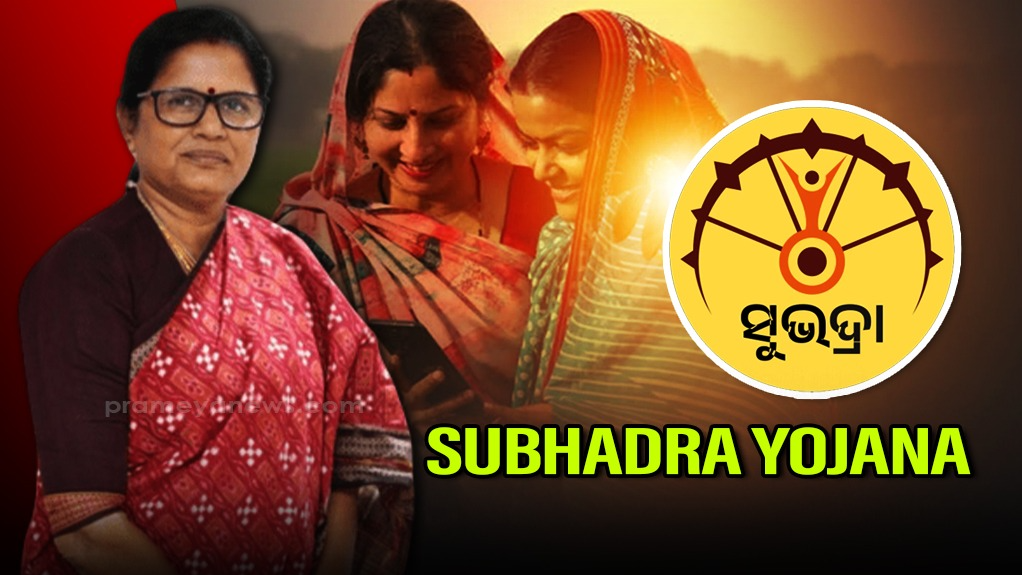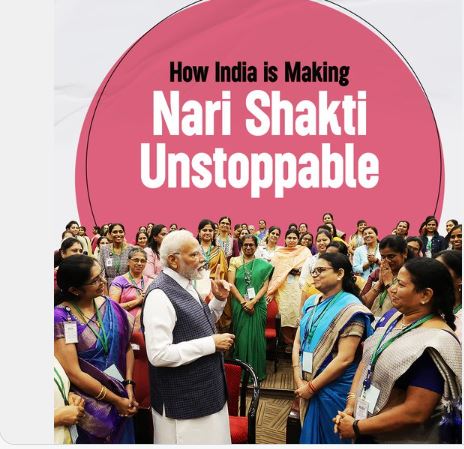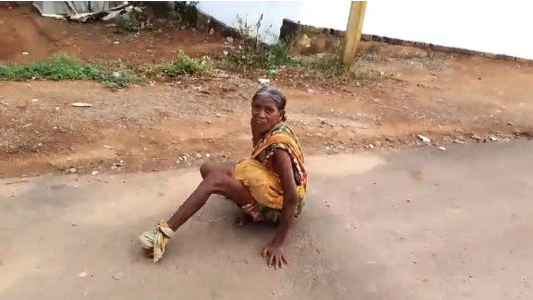No possibility of repeal of Article 370 on analogy of farm laws

By Arun Joshi Immediately after Prime Minister Narendra Modi announced on Friday morning that three farm laws will be withdrawn with an apology to the nation as he could not convince a section of farmers about the real reformative intention and action behind these new laws, a section of Kashmiri leaders were quick to jump to the conclusion that the government would have to repeat the abrogation of Article 370 that had done away with the special status of Jammu and Kashmir. But this analogy is imperfect. Farm laws were passed by the Parliament last year as the government tried to bring its long-awaited version of reforms in the farming sector to enable the small farmers to have access to better markets for their produce. A campaign was launched to justify the laws, but certain sections of farmers in Punjab, Haryana, and Uttar Pradesh were up in arms against these laws. They took to streets and camped around the national capital Delhi to press for the withdrawal of these laws. The agitation gained strength, as the political parties in opposition made it an agenda to pin down the Modi government, posing as champions of the cause of farmers. In the first place, it needs to be noted that not even a single party outside Kashmir is asking for the repeal of Article 370. At best, they are asking for restoration of the statehood- the erstwhile state of Jammu and Kashmir was divided into two Union Territories on August 5, 2019, the day the specials tatus of the state was withdrawn. . Now the restoration of the statehood is restricted to the UT of J&K, and as such there are very few, and feeble, voices suggesting that Ladakh, too, should be included in the restored statehood. That is primarily the demand made by National Conference, but the realistic elements in the party also know that the government of India would not agree to that. for the very simple and solid reason that Buddhists, who dominate the Ladakh region ., do not want to reunite with Kashmir. Secondly, now they, along with the Muslims in Kargil, are seeking separate state for Ladakh. The constitutional changes of August 5, 2019, while fulfilling the political agenda, loved by most of the Indians, to have one constitution in one nation, have also taken care of many sections that were marginalized until the day of abrogation of the special status. West Pakistan refugees, Valmikis, Gorkhas had been living in Jammu and Kashmir, to be precise in Jammu’s plains, for decades. But they were denied the citizenship rights- they were citizens of India enabling them to vote in the parliamentary elections, but they had no rights within the erstwhile state because they were not having state subject, in other words, permanent resident certificate, mandatory for admission to schools to getting jobs and voting for local elections. They had no right to buy land in the former state. In reality, they were the stateless people, and no political party in Jammu and Kashmir ever dared to undo this injustice. then, there was a grumbling all across, which also resulted in the frustration that the All-India Service officers – IAS, IPS, IRS and IFS- who served the territory for decades could not settle in J&K because they were “ outsiders”. So, they had to quit after serving for 25 to 30 years, and go back elsewhere. This was a strange dichotomy that who served the people of J&K for years together would suddenly become person non-grata in J&K . That being that, but the moot point is that most of the people in the country are convinced that the secessionism was rooted in the Article 370, for this constitutional provision, despite being “ temporary” had triggered the secessionist thoughts and acts in Kashmir. First, this diluted the conviction and the commitment made by last Dogra king of Kashmir, Maharaja Hari Singh, acceding the state of Jammu and Kashmir to India , as not the instrument of accession but the Article 370 was deemed as determining the relations between Kashmir and India . The term “ temporary” denoted that all the provisions of granting separate constitution, flag, and parliamentary powers to the state legislature, were not permanent and could not be applicable forever, but at the same time the [political leaders in the Valley used it other way round. They said that Article 370 was just one step , and the accession of the state to India was conditional, as the state had not merged with India, therefore the whole thing was temporary. The nation was not willing to accept this interpretation which had a volatility built within it. The rhetoric gave way to violence , and that violence rose from streets to the guns and full-fledged terrorism. With the abrogation of the Article 370, security forces have gone in for extensive e anti-terror operations, and the improved security situation, though some leaders dispute this, But the facts remain facts. And to draw any analogy between farm laws and abrogation of Article 370 is wrong, and as the nation’s mood suggests, there would be no dilution on August 5, 2019 changes. About the Author: Arun Joshi is a senior journalist based in J&K. He has worked with Hindustan Times, Times of India, Indian Express, and The Tribune. He has authored “ Eyewitness Kashmir: Teetering on Nuclear War” and three other books. DISCLAIMER This is the personal opinion of the author. The views expressed in this write up have nothing to do with it.
Latest News
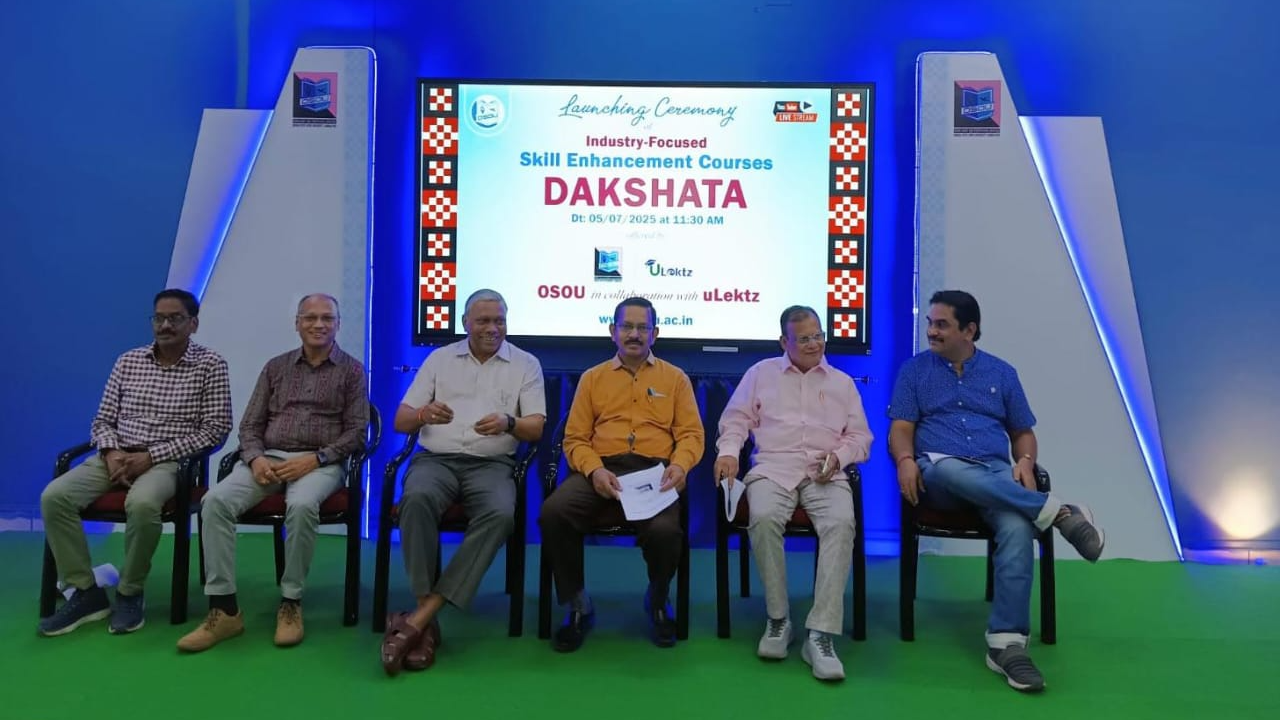
Mission Values & Employability: OSOU launches...

Dalai Lama to celebrate his 90th Birthday tomo...

Puri Bahuda Yatra: 3 holy chariots reach befor...

Lalu Prasad Yadav re-elected as RJD President...

From Organizer to Champion: Neeraj Chopra Triu...

Dharmendra launches major projects at Central...
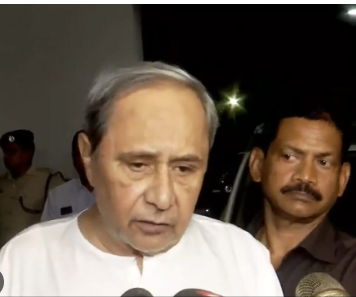
Naveen seeks MEA Jaishankar’s aid to rescue Od...
Copyright © 2024 - Summa Real Media Private Limited. All Rights Reserved.













